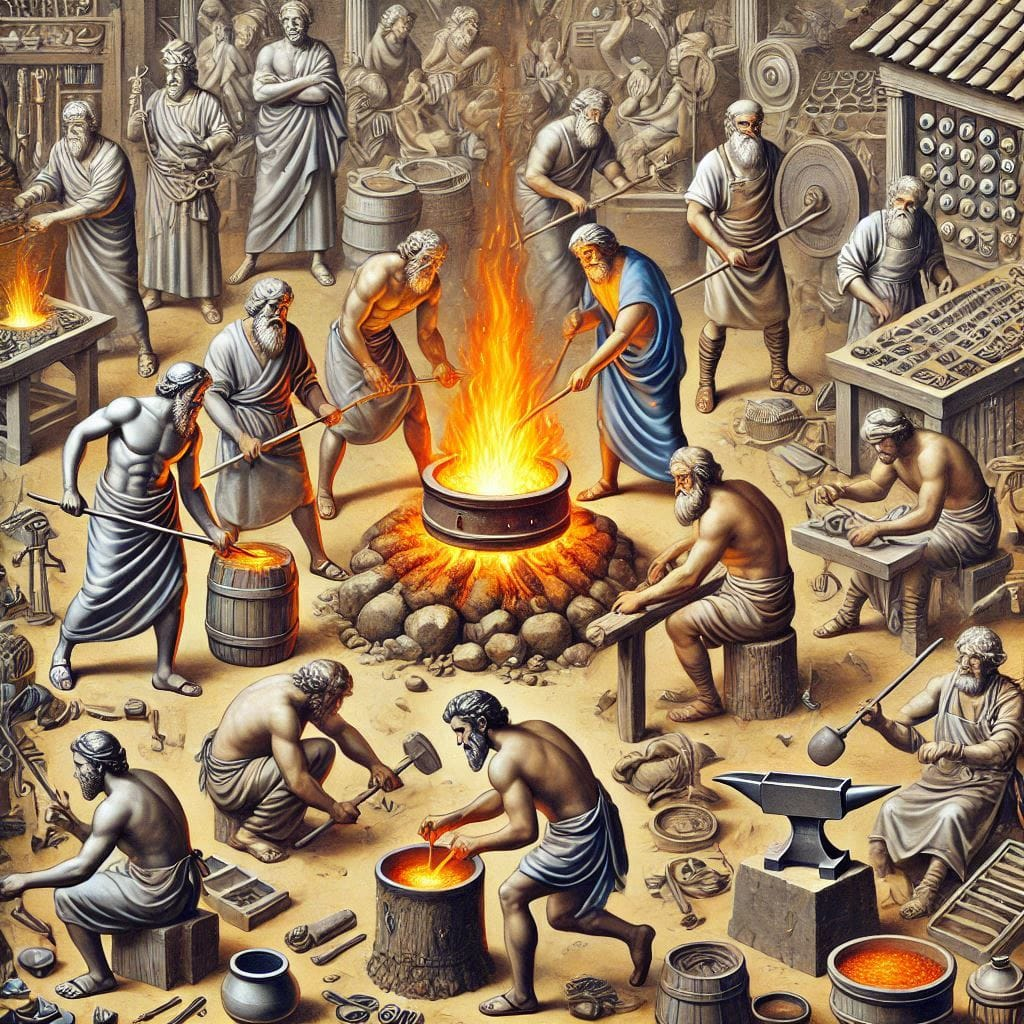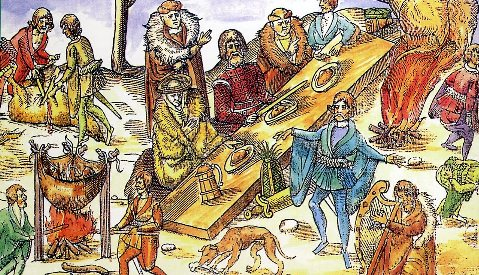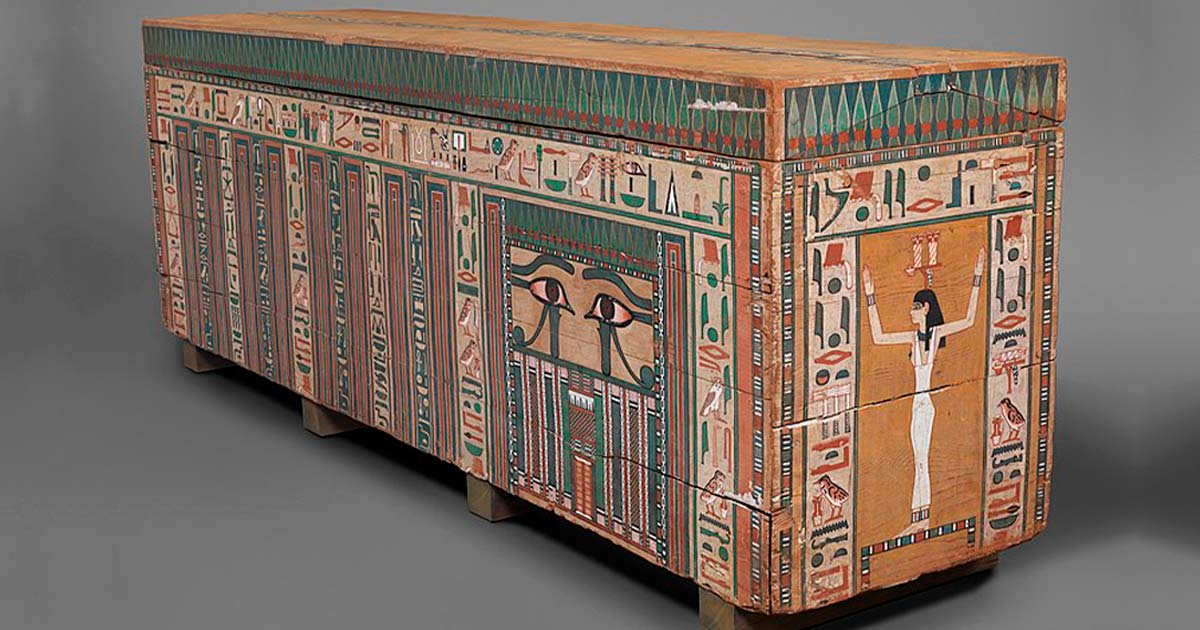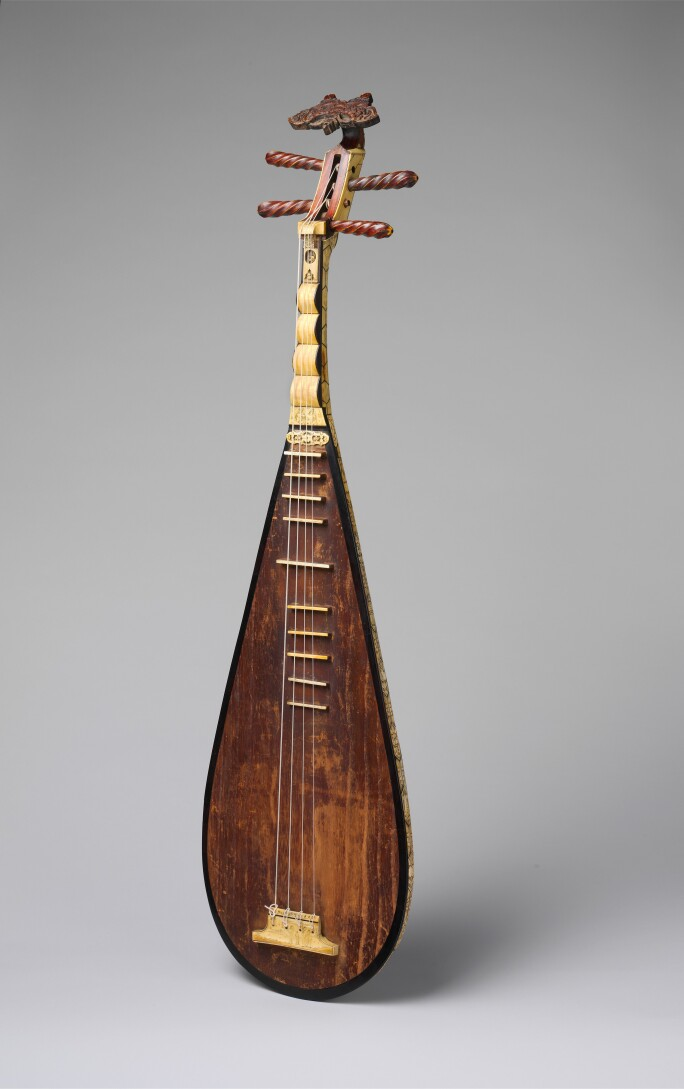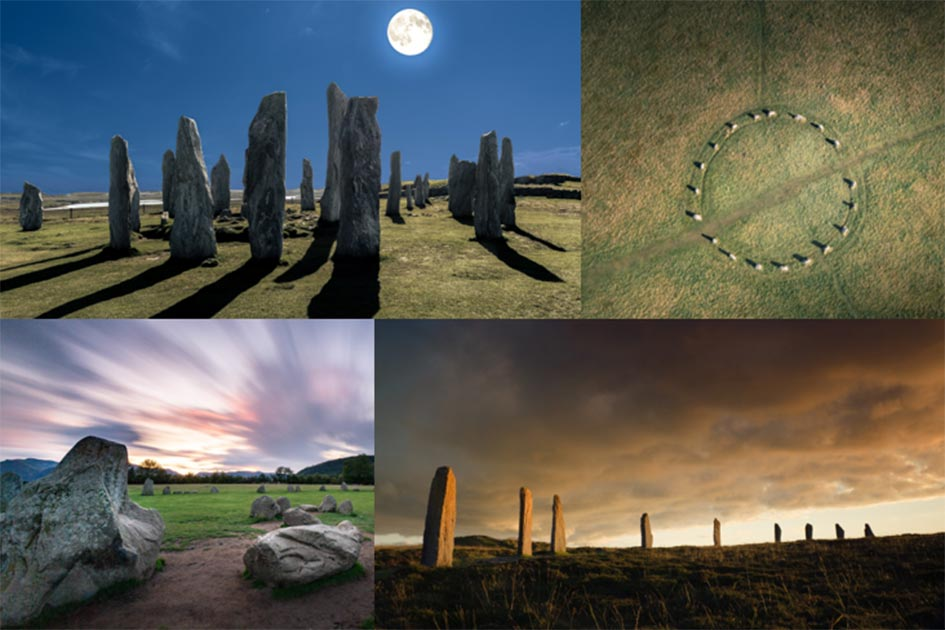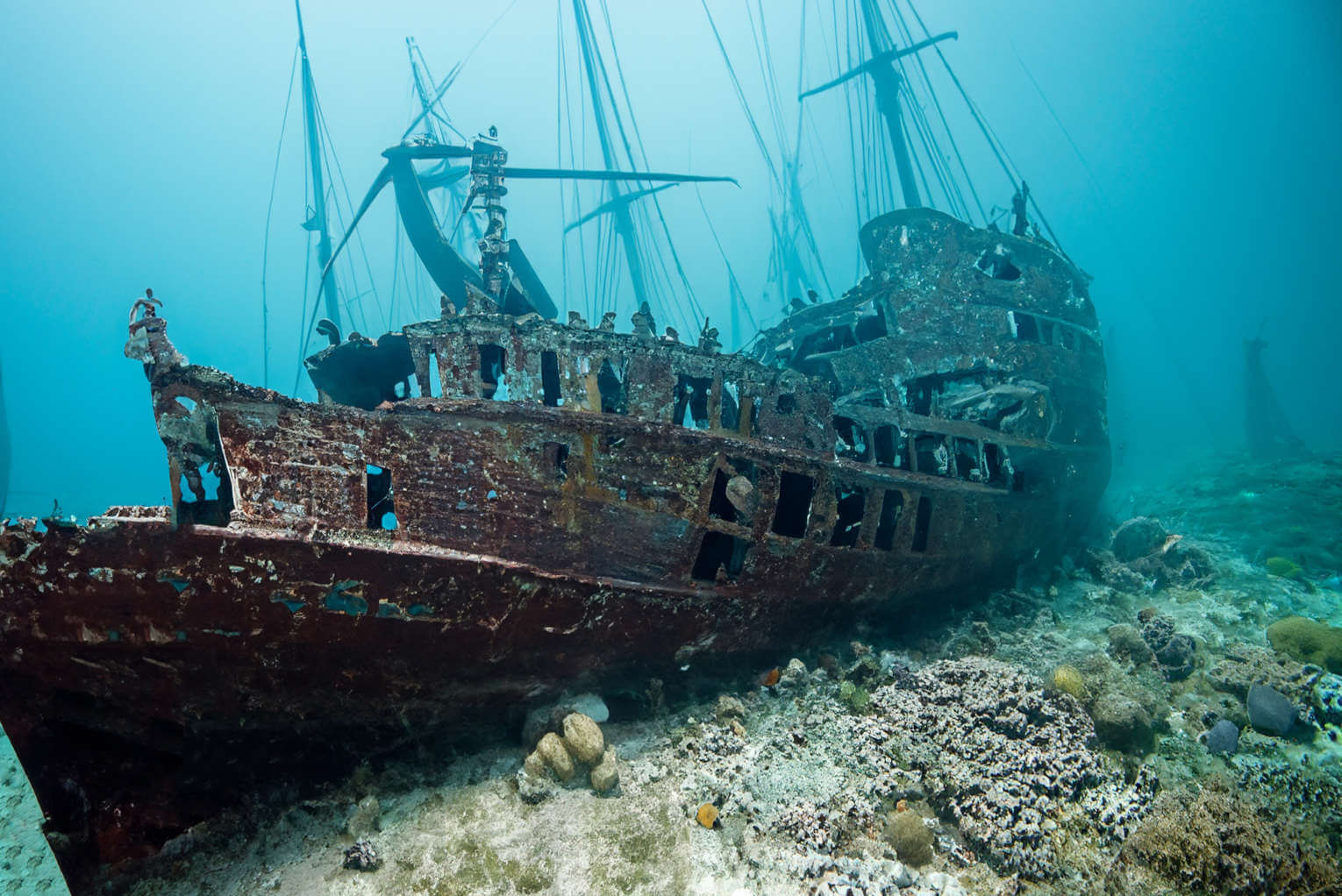The Legacy of Greek Maritime Pioneers: The Widespread Maritime Exploration of the Greeks
In the annals of ancient history, few narratives are as enthralling as those of the Greek mariners, whose sails billowed on the winds of discovery and curiosity. Their intrepid voyages not only charted the physical expanses of the seas but also the unbounded potential of human endeavor. This article delves into the odysseys of six pioneering Greek explorers, whose contributions are immortalized through the fragments of history that have endured the passage of time.
Pytheas of Massalia: The Northern Voyager
In the 4th century BC, Pytheas embarked on a journey from the Greek colony of Massalia (modern-day Marseille) that would etch his name into the lore of explorers. His daring voyage to the British Isles and possibly beyond to Thule—a land shrouded in the mists of legend, thought to lie in the icy embrace of the far North—stands as a testament to his audacious spirit. The accounts of Pytheas's travels reach us through the writings of Strabo, Pliny, and Diodorus, piecing together a tale of a world far from the Mediterranean warmth, where the sun scarcely dipped below the horizon.
Strabo adds the following in Book 5: “Now Pytheas of Massilia tells us that Thule, the most northerly of the Britannic Islands, is farthest north, and that there the circle of the summer tropic is the same as the Arctic Circle”
Euthymenes of Massalia: The African Enigma
A contemporary to Pytheas, Euthymenes set his sights southward, skirting the edges of the African continent beyond the Pillars of Hercules. Though details are sparse, Strabo's geographical treatises convey images of a coast that extended into unknown territories, a narrative that challenged the Greek understanding of the world's peripheries. Euthymenes's legacy is that of a pioneer who peeled back the veil on Africa's western seaboard, long before the exploits of later Hellenistic and Roman explorers.
Eudoxus of Cyzicus: A Dream Unfulfilled
In a bid that would presage the efforts of much later adventurers, Eudoxus of Cyzicus dared to dream of a sea route around Africa. Strabo and Pliny relay his multiple attempts, although success ultimately eluded him.
After completing a pair of triumphant expeditions to India via the Red Sea under the patronage of the Egyptian ruler Ptolemy Euergetes II, the intrepid navigator set sail for Gades, known today as Cádiz in Spain. It was there that he meticulously prepared three vessels for his ambitious goal of circumnavigating the continent. Unfortunately, his inaugural voyage met with misfortune as his ship ran aground off the southern coast of Morocco. Undeterred, he embarked once more, navigating the western fringe of Africa, but this time, the sea claimed the entirety of his brave crew.
The dream of circumventing Africa's southern tip lay dormant, unchallenged again, until the dawn of the late 15th century. His ventures in the 2nd century BC served as crucial precursors to the understanding of Africa's maritime contours, a puzzle that would not be completely solved until the Age of Discovery.
Onesicritus of Astypalaia: The Fleet of the Great Alexander
Onesicritus, chronicled by Arrian and Strabo, wielded his maritime acumen in service of Alexander the Great. His voyages, particularly through the Indian Ocean, expanded the ambit of Hellenic knowledge and exemplified the fusion of exploration and empire. As Alexander's fleet commander, Onesicritus not only traversed unknown waters but also brought back accounts that would feed the Greek appetite for the wonders of the East.
The documented extent of ancient Greek exploration by sea
Source of the map: Twitter/Philoveritas
Megasthenes: The Chronicler of India
As an envoy to the Mauryan court of Chandragupta, Megasthenes's "Indica" offered the Greeks a vivid, albeit second-hand, portrait of the Indian subcontinent. His descriptions of India, though not without exaggeration, provided a mosaic of its geography, flora, fauna, and social structures. The fragments of his work, preserved in the citations of later historians, form a crucial bridge between Greek and Indian civilizations.
Nearchus: The Return from the Indus
Perhaps one of the most celebrated naval voyages of antiquity was that of Nearchus, who navigated from the mouth of the Indus River back to the Persian Gulf. Under the aegis of Alexander, Nearchus’s expedition, meticulously recounted by Arrian in "Indica," was as much a military retreat as a voyage of discovery. While his own writings are lost to time, the accounts passed down underscore the challenges and triumphs of his momentous journey.
These maritime odysseys are more than mere footnotes in history; they are enduring symbols of the Hellenic quest for knowledge and the unrelenting human drive to uncover the Earth's mysteries. With the help of starlight and ambition, the ancient Greek explorers set sail for the unknown, leaving behind a legacy that has continued to whisper to us over the centuries, encouraging us to pursue our own discoveries.




